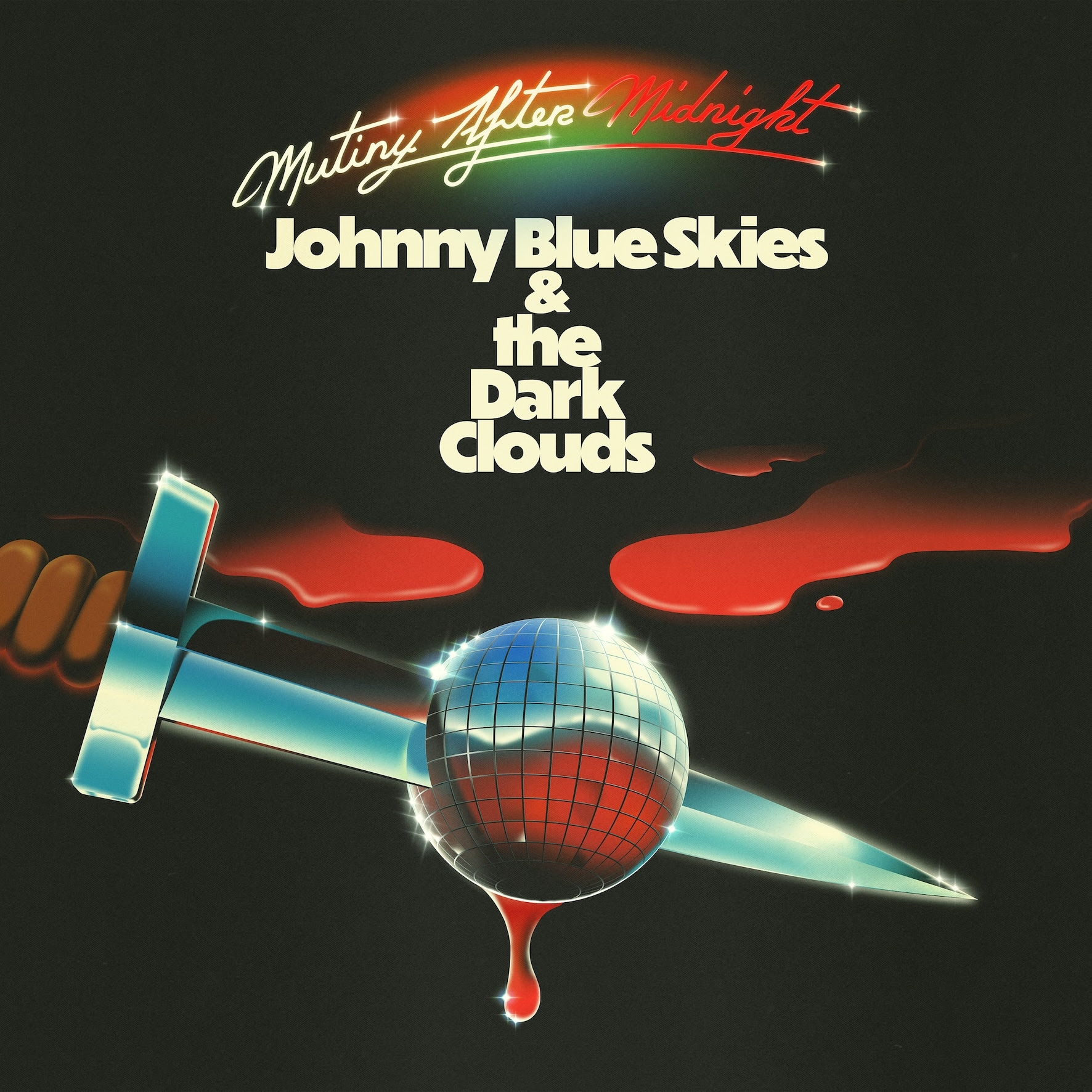She made it through the wilderness.
Lady Gaga never really went away, and the numbers suggest she barely lost a step. Yet in the years since Artpop and its attendant theatrics pushed her dance-pop excess to its tipping point, she's been studiously avoiding the sound she made her name on. With 2016's Joanne, she pivoted to an earthier strain of pop infused with country and classic rock. With 2018's A Star Is Born and its soundtrack, she played around with multiple versions of herself, implicitly asking whether they couldn't all be valuable, authentic, and successful. She had a point. Both Artpop and Joanne sent singles to the top five, and each of them ("Applause" and "Million Reasons") was appealing in its own way. Her Super Bowl halftime show slayed. A Star Is Born's instantly iconic duet "Shallow" won her an Oscar and took her all the way back to #1.
Headlines like Watch Lady Gaga Get Doused In Neon Vomit While Riding A Mechanical S&M Pig At SXSW, Brought To You By Doritos notwithstanding, Stefani Germanotta mostly has been out here thriving on her own terms. Reports of her career bottoming out, including ones by this author, were clearly premature. Still, the prospect of Gaga once again staking her claim to dance-floor domination is enticing in theory and, it turns out, thrilling in practice. "Take me home!" she cries out on "Alice," the first proper song on her new album Chromatica, and the rest of the album does just that. This is the sound of Lady Gaga in her element, at the peak of her powers.
Chromatica could have gone wrong in so many ways, and from a showbiz standpoint, it often has. The album's rollout has been hindered by rampant leaks, from music to artwork to information. A global pandemic reduced the potential for promotional pageantry and closed down the nightclubs that are this music's native environment. None of that matters when the beat drops and Gaga lets loose with an exultant hook, a scenario Chromatica serves up again and again. Working closely with BloodPop -- an associate of electronic marauders like Grimes, Skrillex, and SSION who has found his way into the upper echelon of mainstream pop -- Gaga has constructed an album of wall-to-wall party anthems, laser-targeted at her gay fan base but so contagiously euphoric it's hard to imagine any pop music fan resisting their charms. The album is so likable it's liable to turn you into a Little Monster even if you've never cared for Gaga.
House, disco, trance, electro, Eurodance, an Elton John dance-floor duet that veers into a jungle break: Chromatica is a treasure trove of shiny, glamorous club music. Even the ballads are bangers. The tracklist's nonstop barrage pauses only for a trio of orchestral "Chromatica" interludes crafted with Morgan Kibby, the M83 affiliate who records as White Sea. Otherwise it's all gloriously gaudy dance beats and gleefully ostentatious concepts, breezing through 16 tracks in 43 minutes. "My name isn't Alice, but I'll keep lookin' for Wonderland," she dramatically intones on "Alice," soaring to the top of her range in one breath and powering into soulful grit the next. On "Plastic Doll," she revels in the search for a "real boy" who will treat her like more than a toy. "We only have the weekend/ You can serve it to me, ancient-city style," she sings on closing track "Babylon" before leaning hard into her longstanding Madonna influence with an explicit callback to "Vogue" that seems to relish every saxophone blurt.
There is some genuine catharsis in there too, as when Gaga and Ariana Grande come together to persevere through trauma on the house epic "Rain On Me." She adopts a robotic tone for the Madeon-assisted computer-pop lark "911" but admits, "My biggest enemy is me ever since day one." Torture, monsters, and scars animate the disco-house tidal wave "Replay." On the graceful cry for help "1000 Doves," she gets even more vulnerable -- "I'd do anything for you to really see me/ I am human, invisibly bleeding" -- but the vibe is redemptive, the song's metaphor of broken wings learning to soar again playing out in real time. Even when the lyrics find her dancing out of the darkness, Gaga sounds like she's having a blast, tapping into an exhilaration her listeners get to share. On an album full of big swings, one of the few whiffs is the song where she turns "I'm not having fun tonight" into a buzzkill chorus for some reason. But soon the instant fan-favorite segue from "Chromatica II" into "911" is there to whoosh listeners back into the groove.
The Gaga of The Fame Monster and Born This Way channeled divas from throughout pop history, but more than ever, Chromatica feels pointedly like a bridge between the retro and the modern. The album puts a sparkling 21st century spin on classic 20th century dance sounds, tracing a spectrum from Elton John's youth to BLACKPINK's prime. Somewhere within that timeline is Gaga's own origin story as the provocateur who broke through by demanding, "Just Dance," and went on to inflate pop stardom back to gargantuan extremes. "This is my dance floor I fought for," she declares on "Free Woman," staking her claim as queen once more -- as if a stack of highlights like the deep house strut "Sour Candy" and the howling, bellowing, towering "Enigma" weren't statement enough. On Chromatica's powerhouse lead single, Gaga both confides and commands, "I want your stupid love!" With an album this thoroughly satisfying, she justifies it.






